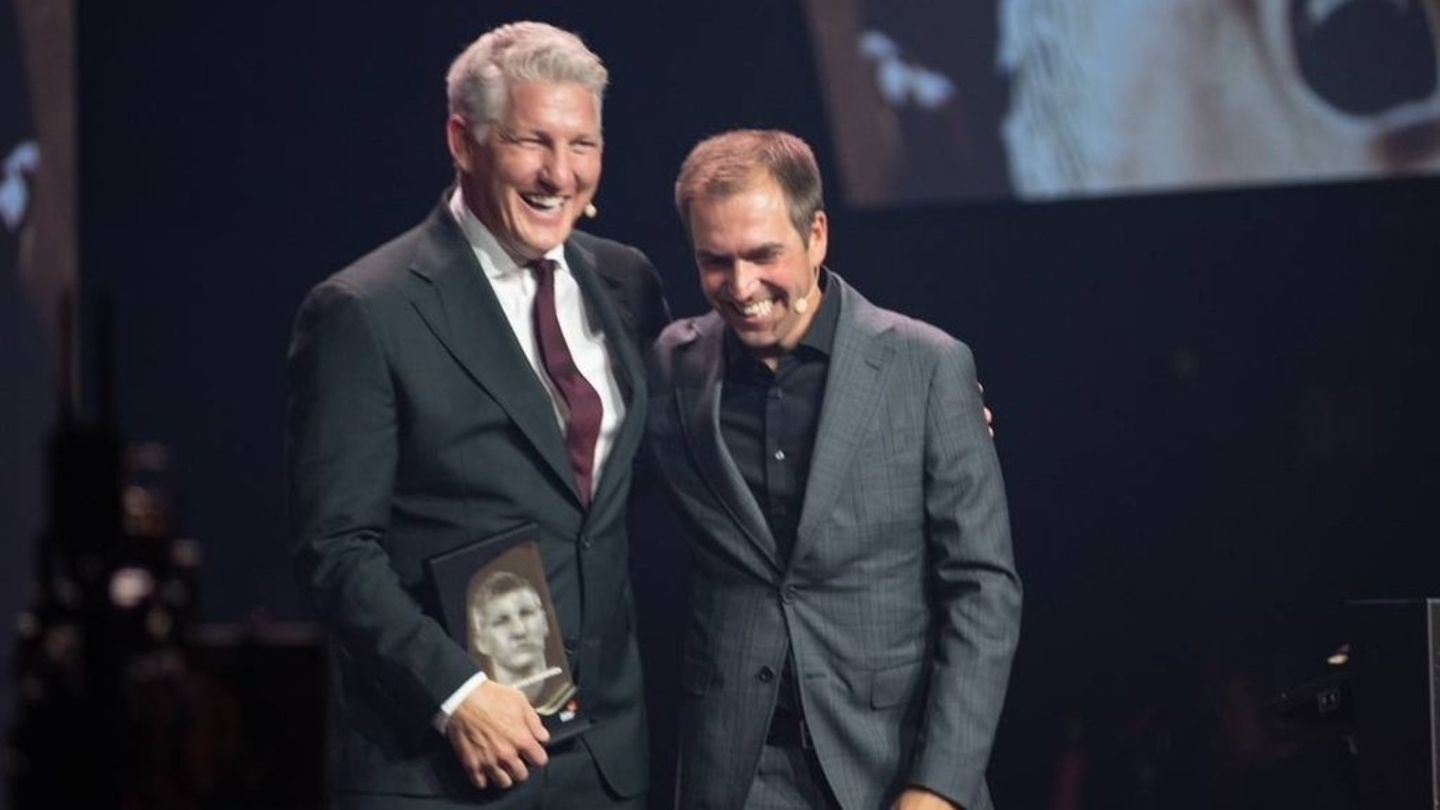Ten days after the historic victory of the Republican Party Sinn Fein -former political arm of the armed group IRA and supporter of the reunification of Ireland- in the regional legislative, the Northern Irish institutions are paralyzed by the rejection of the unionist party DUP to participate in them.
The Good Friday peace deal of 1988, which ended three decades of bloody conflict between Protestant Unionists and Catholic Republicans, imposed that both parties share power in the regional executive of this British nation of 1.9 million inhabitants.
Firmly attached to their membership of the British crown, the unionists thus protest against the special provisions negotiated by London and Brussels within the framework of Brexit to prevent the return of a physical border with the neighboring Republic of Ireland – unacceptable to the republicans – that would put the fragile peace is in danger.
Unionists denounce that these provisions – included in the so-called “Northern Ireland protocol” – threaten their place within the United Kingdom, by imposing customs controls on products arriving in the area from the rest of the country.
In this context, the Boris Johnson government, which has been calling for an in-depth renegotiation of the text from the European Union for months, could introduce a bill on Tuesday to unilaterally remove from British law the most contentious parts of the protocol.
But the EU, which says it is willing to make important “adjustments” but not a renegotiation, described this idea as “unacceptable” and could respond with trade retaliation measures, especially sensitive for a United Kingdom that already has a uncontrolled inflation due to the effects of the pandemic and the war in Ukraine.
During his trip to Belfast, Johnson will send a “clear message” to the various political groups that “any change in protocol must result in all parties coming together to form a regional executive and assembly,” according to a statement from Downing Street.
“I hope that the position of the European Union will change,” the prime minister said in an article published before his trip by the Belfast Telegraph. Otherwise “action will be necessary” to protect the 1998 Good Friday peace agreement, he added. Downing Street stressed that the executive “has never suggested scrapping the protocol” but “reforming” it.
Northern Ireland’s new regional parliament met for the first time on Friday, but the DUP refused to participate in the appointment of its president, blocking the institution that was supposed to elect the home rule.
Poised to become the new Prime Minister, Sinn Fein’s Michelle O’Neill accused the DUP of hold “society hostage to Brexit”.
Upon arrival at a meeting of foreign ministers of the European Union in Brussels, the chancellor of the Republic of Ireland -a member country of the bloc- Simon Coveney issued a warning against “unilateral actions or threats of unilateral actions” that violate international law.
These actions are “the last thing Europe needs when we are positively working together against Russian aggression” in Ukraine, he added.
On Sunday, British Energy Minister Kwasi Kwarteng told the private channel Sky News that the UK has “every right” to want to unilaterally change the provisions of the protocol.
“Political stability is our number one priority, and (the DUP) is telling us that it will not share power if (the protocol) is not changed. So we have to look carefully at how we can change it,” he said.
Source: Ambito
David William is a talented author who has made a name for himself in the world of writing. He is a professional author who writes on a wide range of topics, from general interest to opinion news. David is currently working as a writer at 24 hours worlds where he brings his unique perspective and in-depth research to his articles, making them both informative and engaging.




